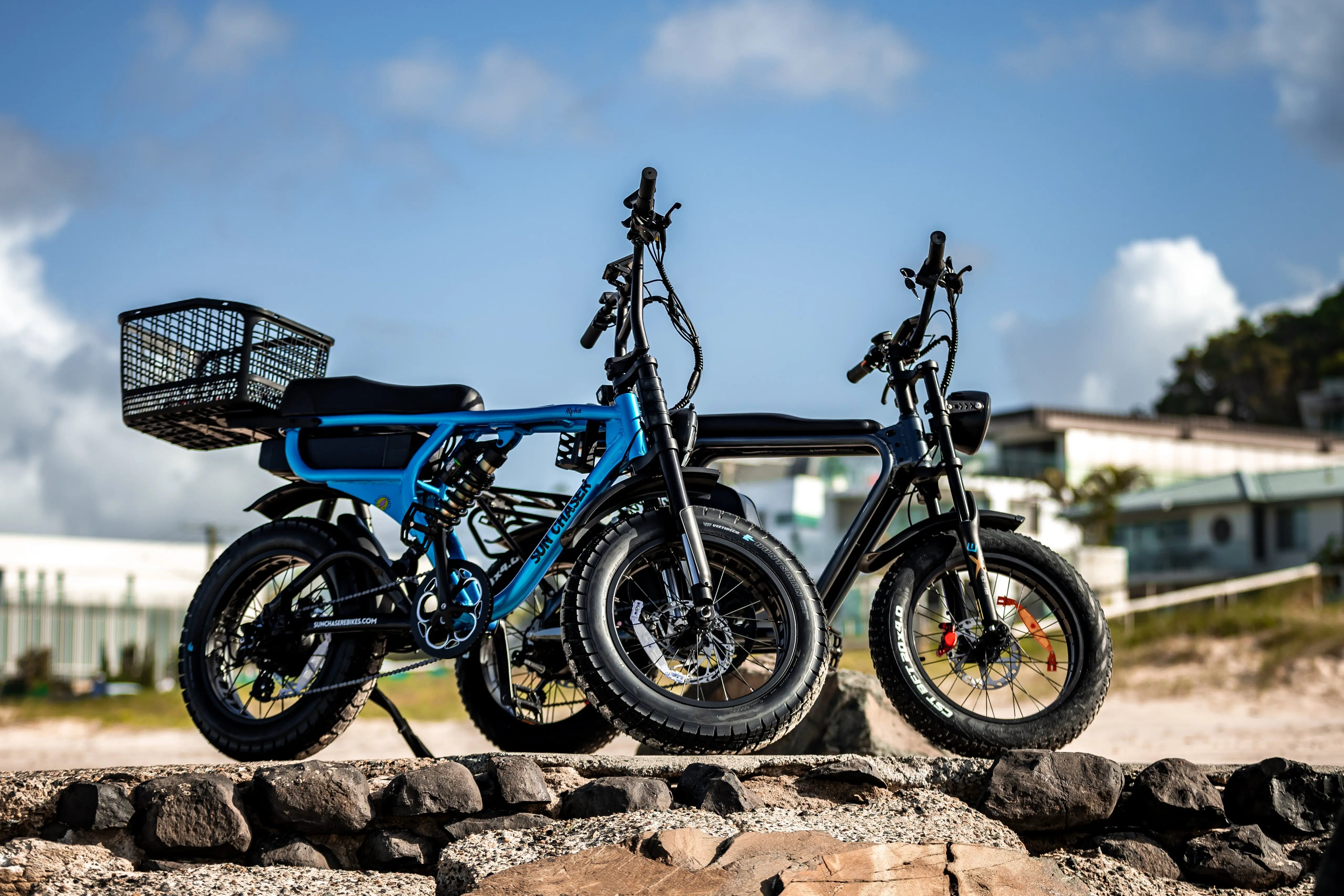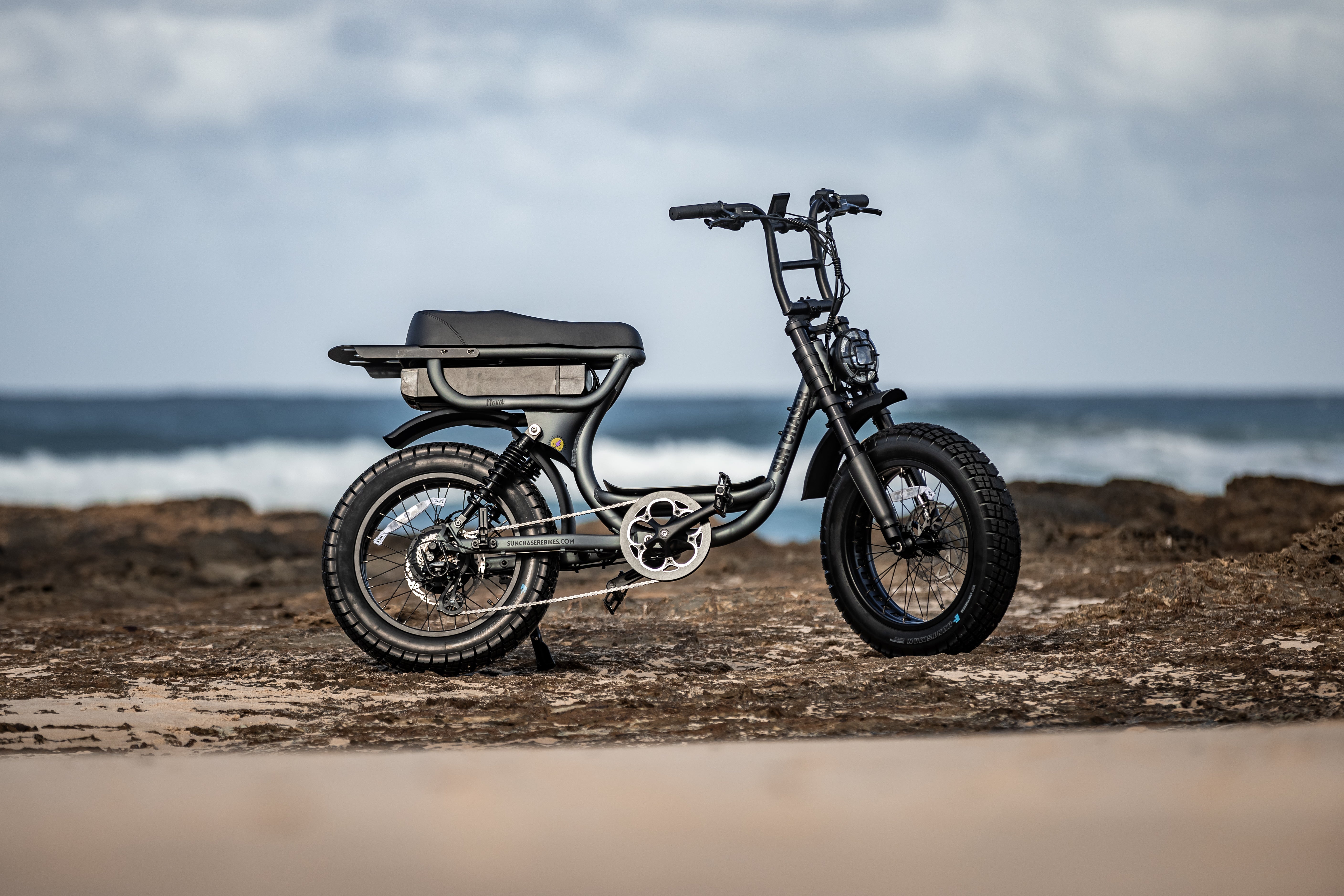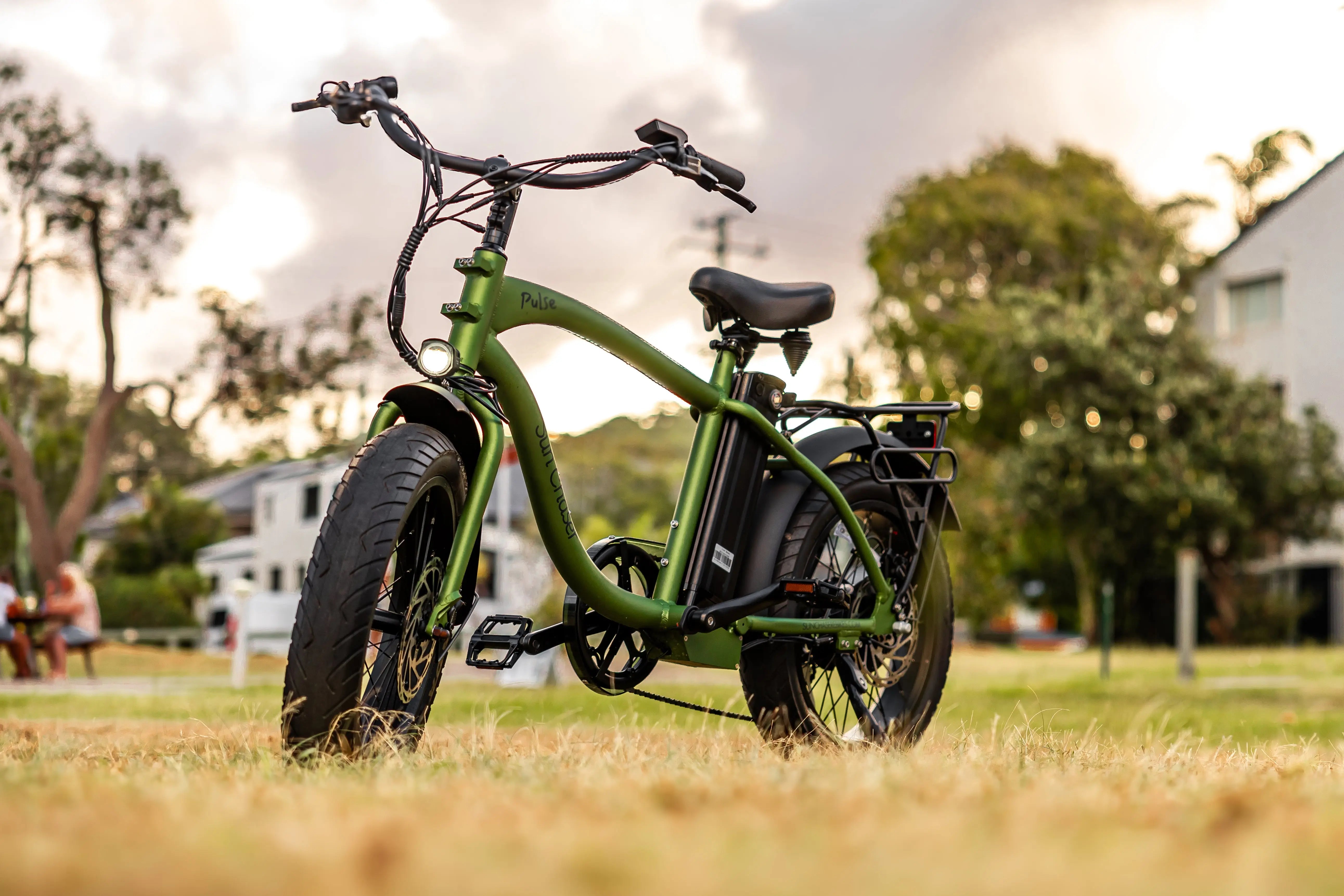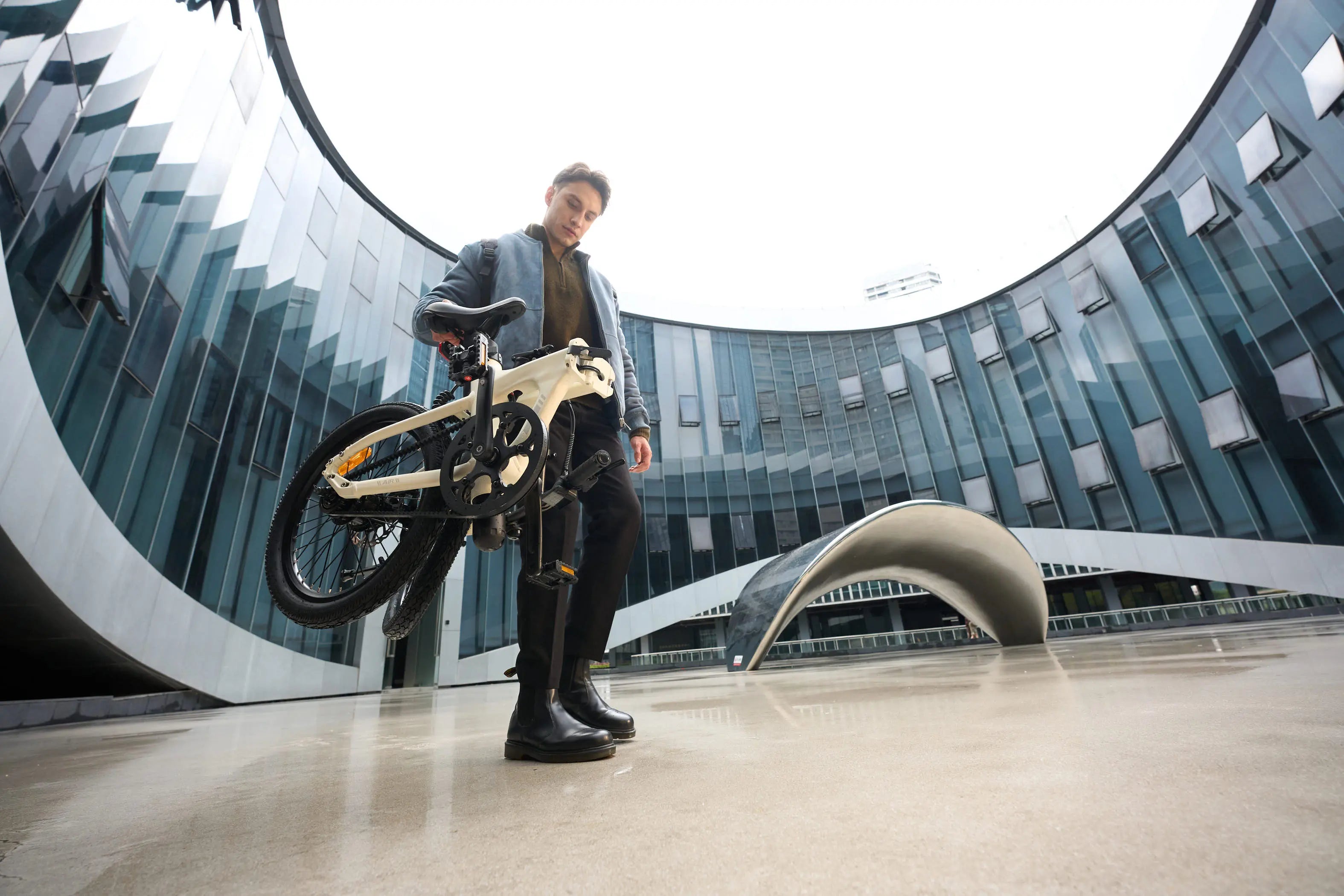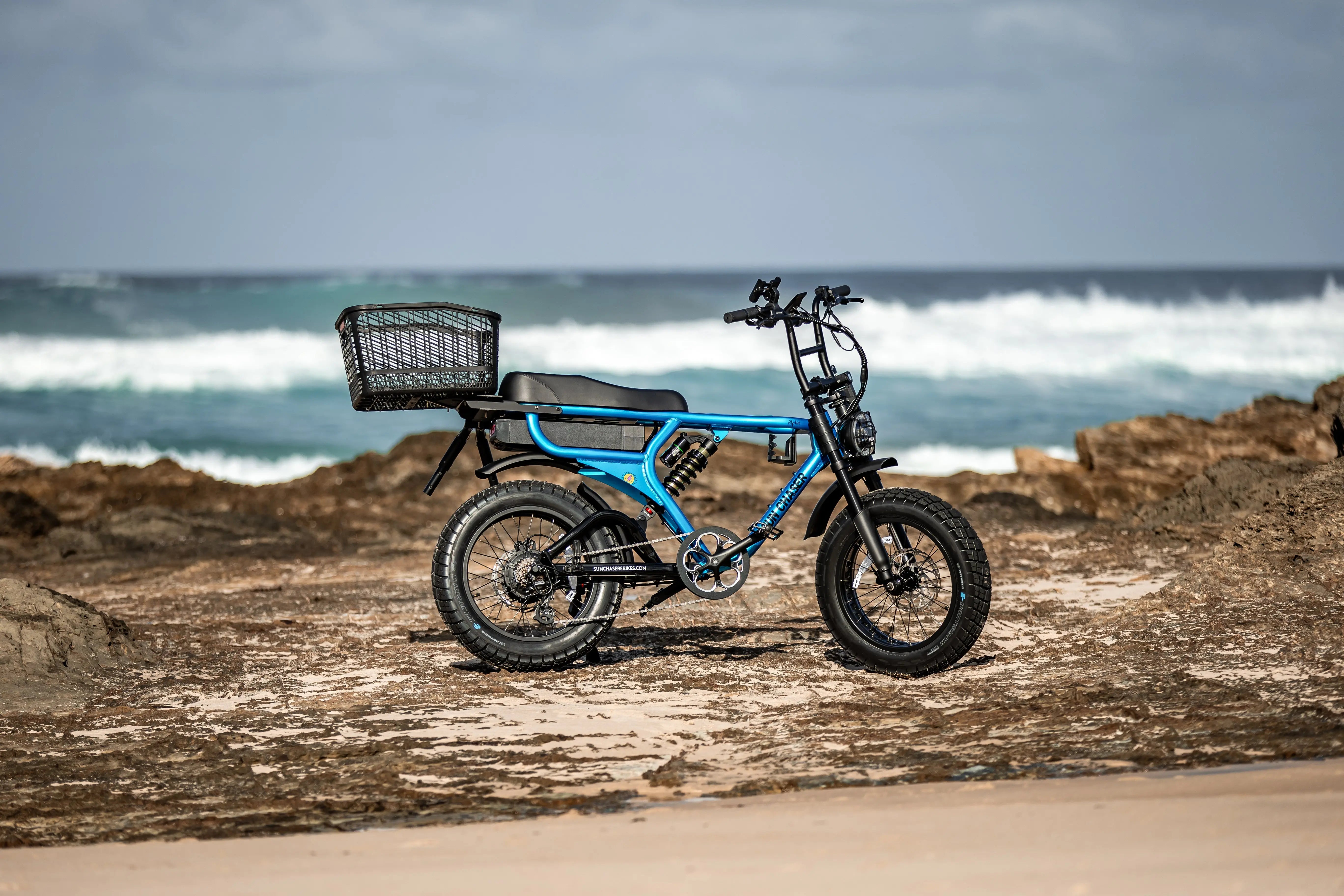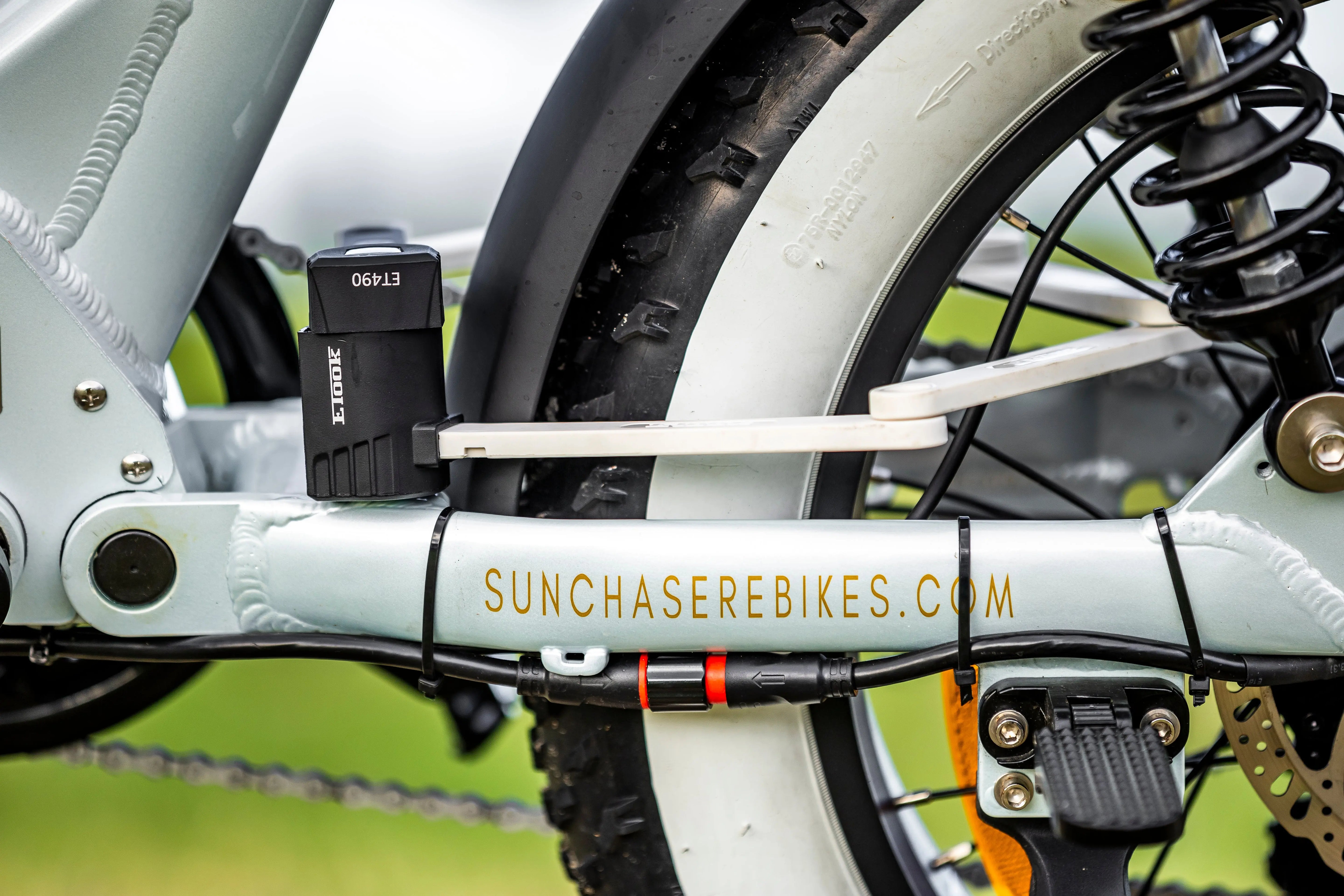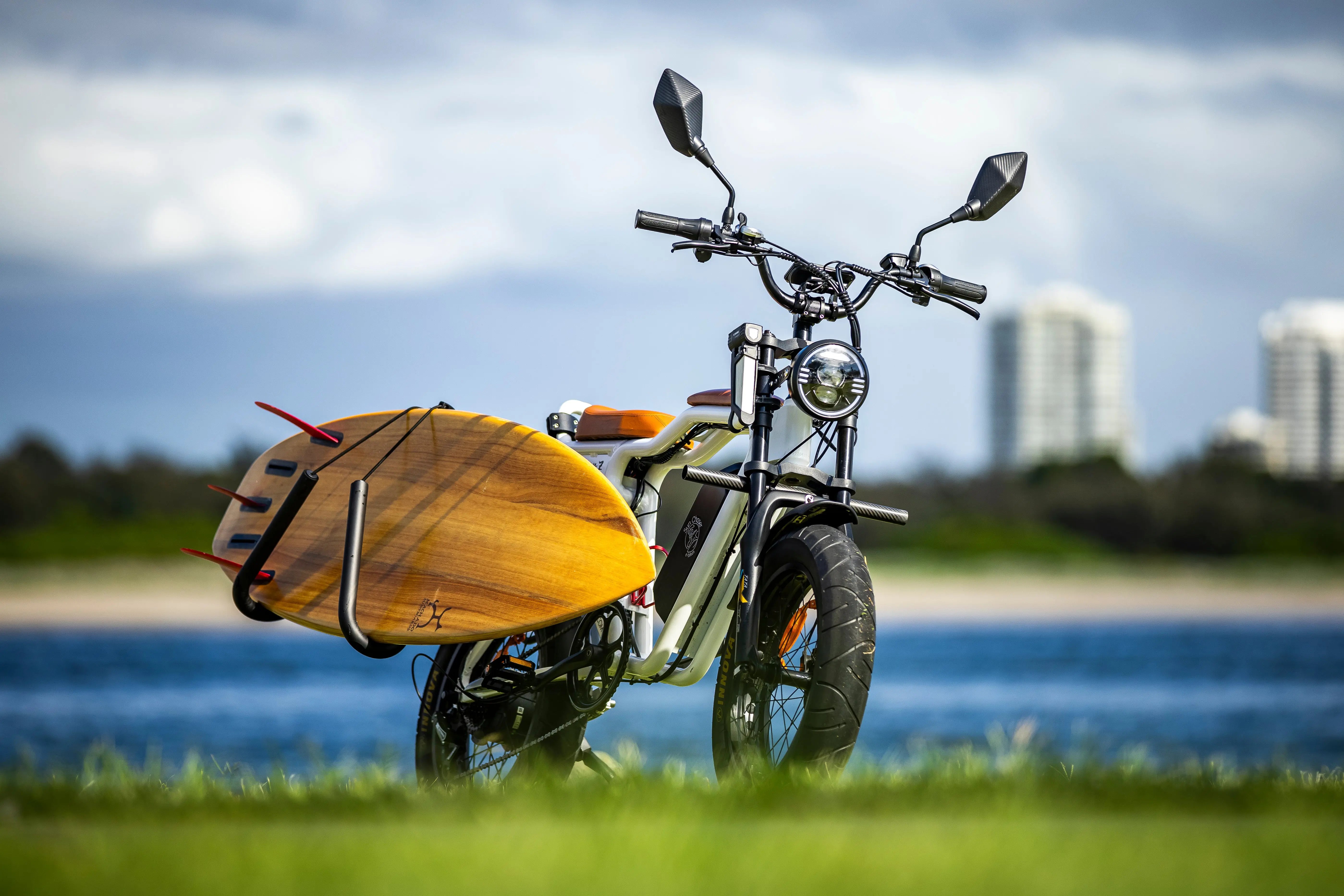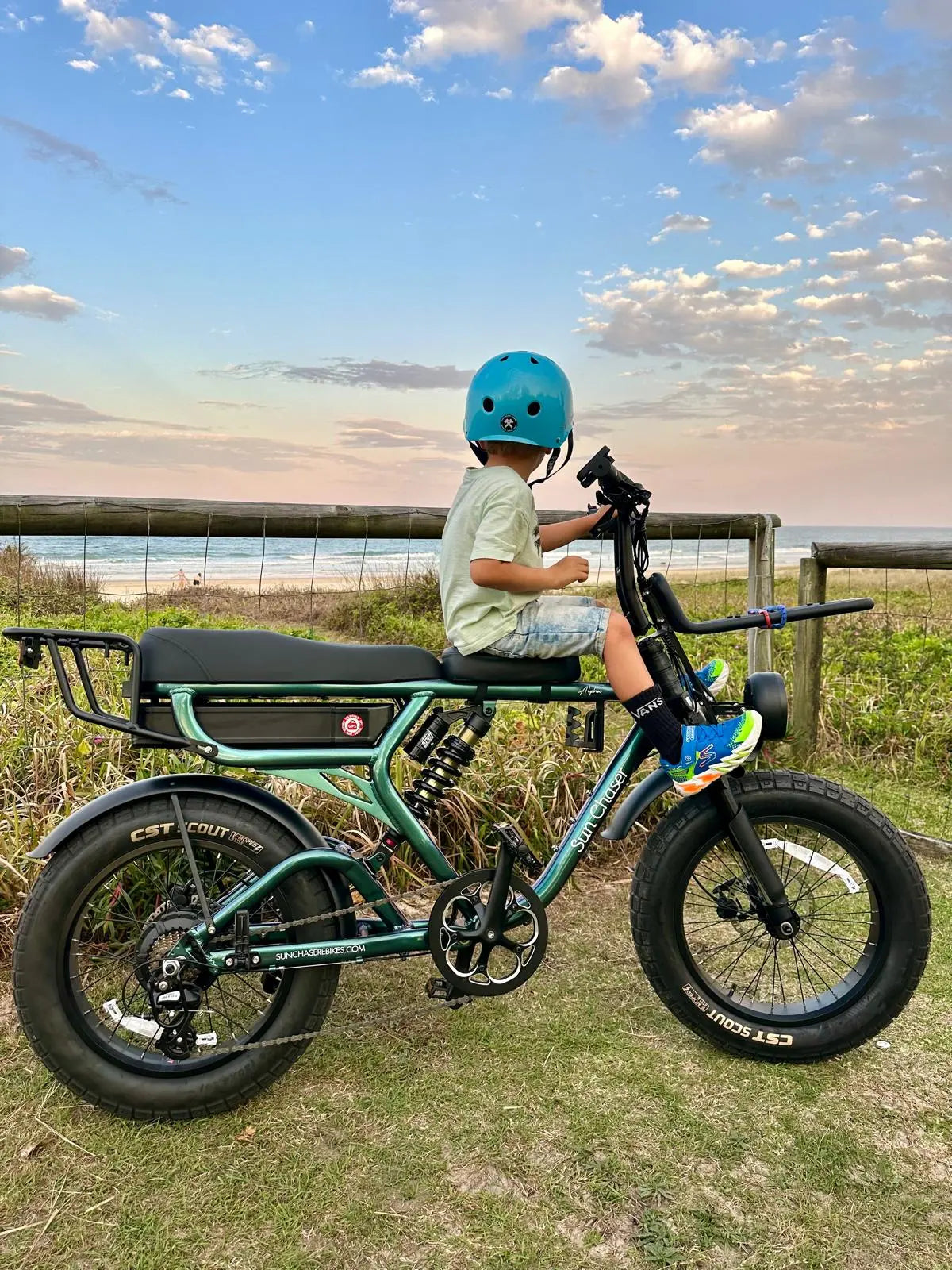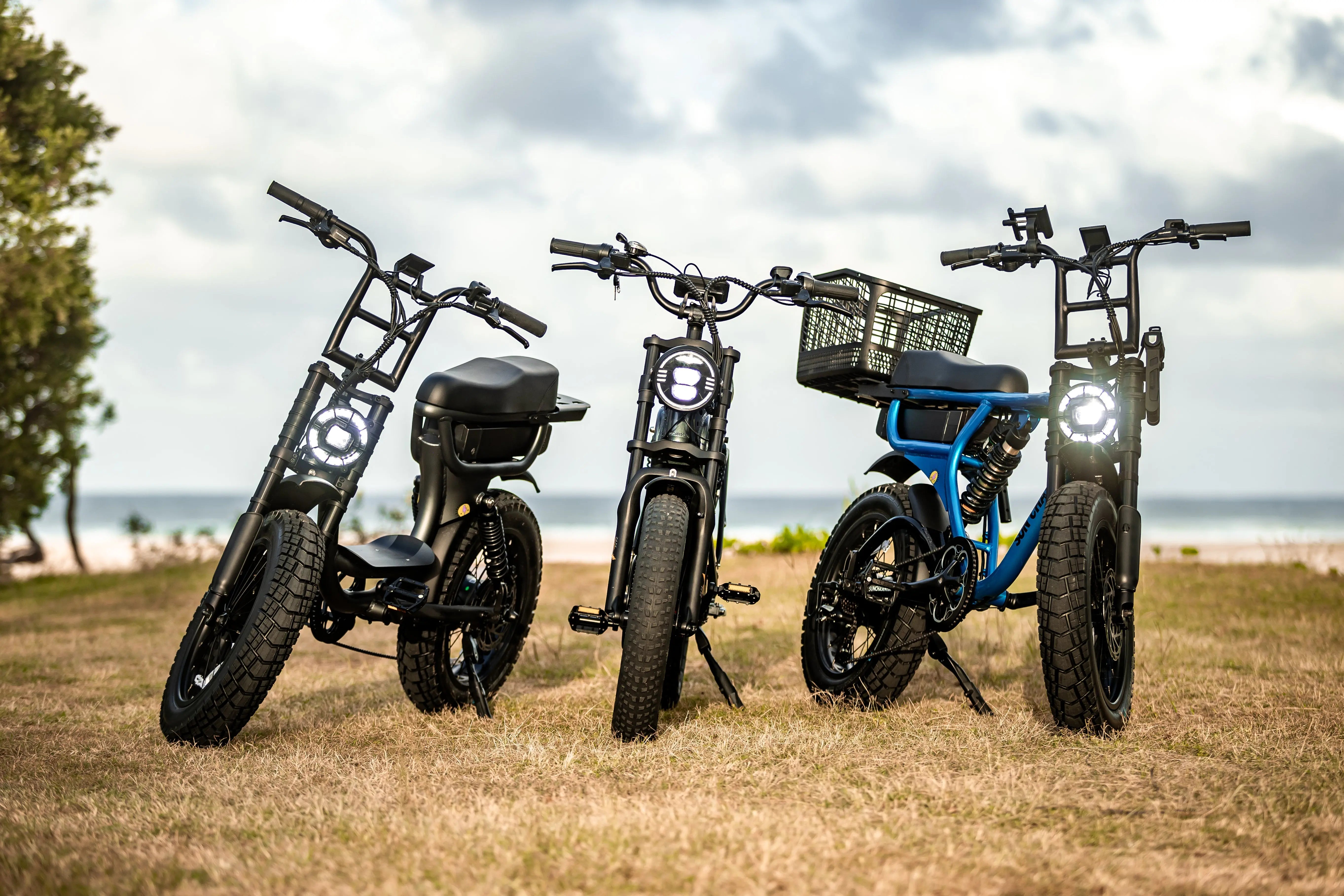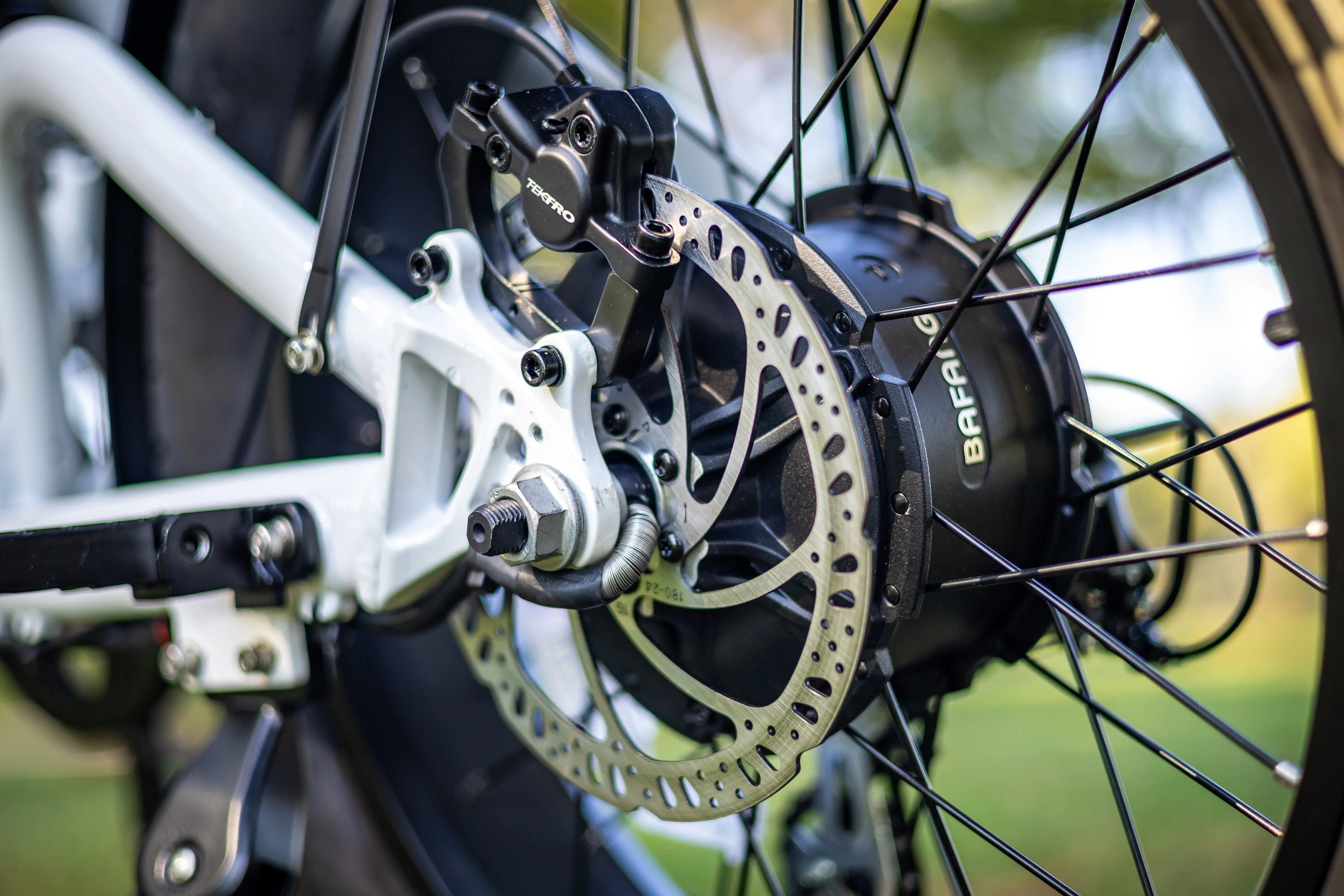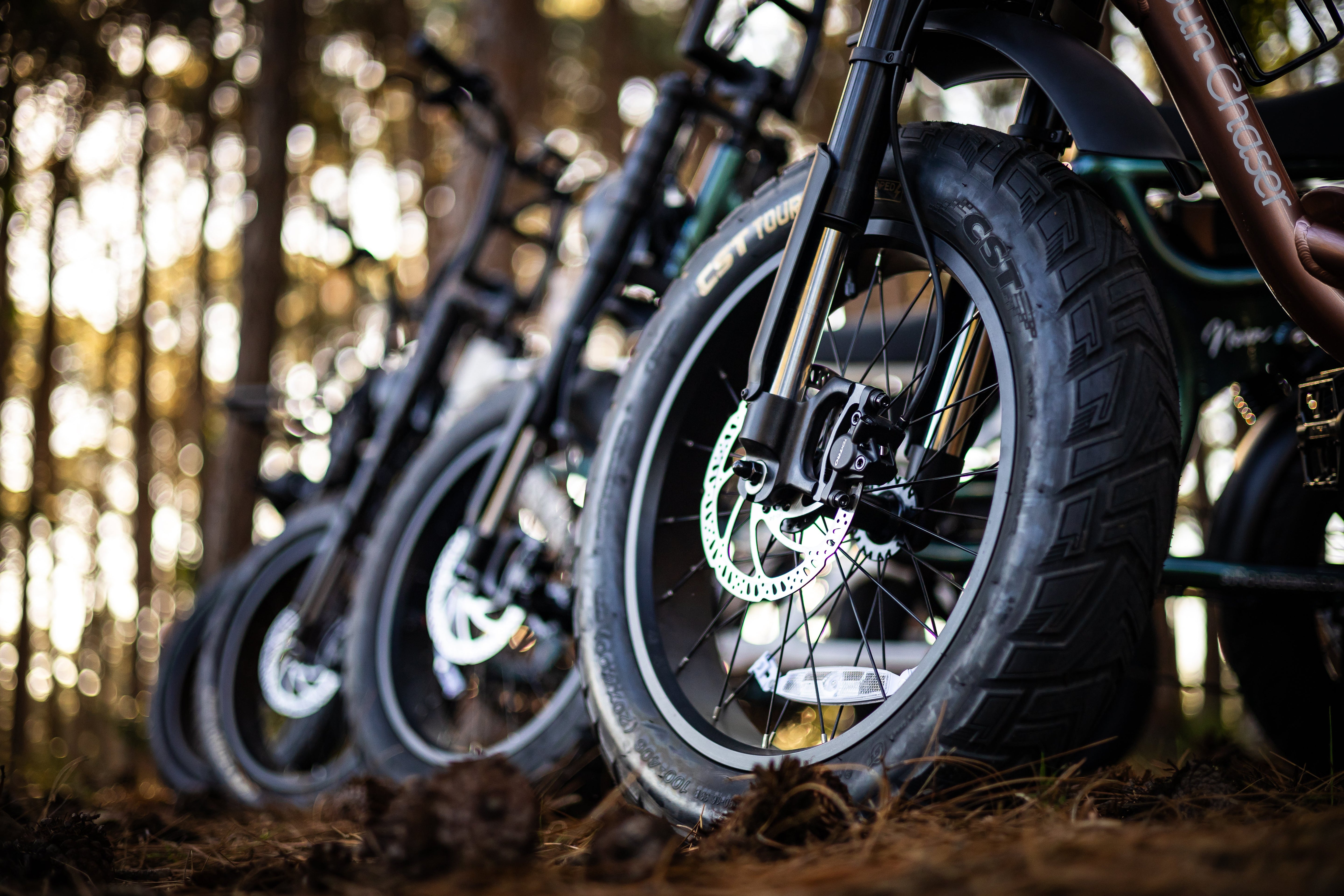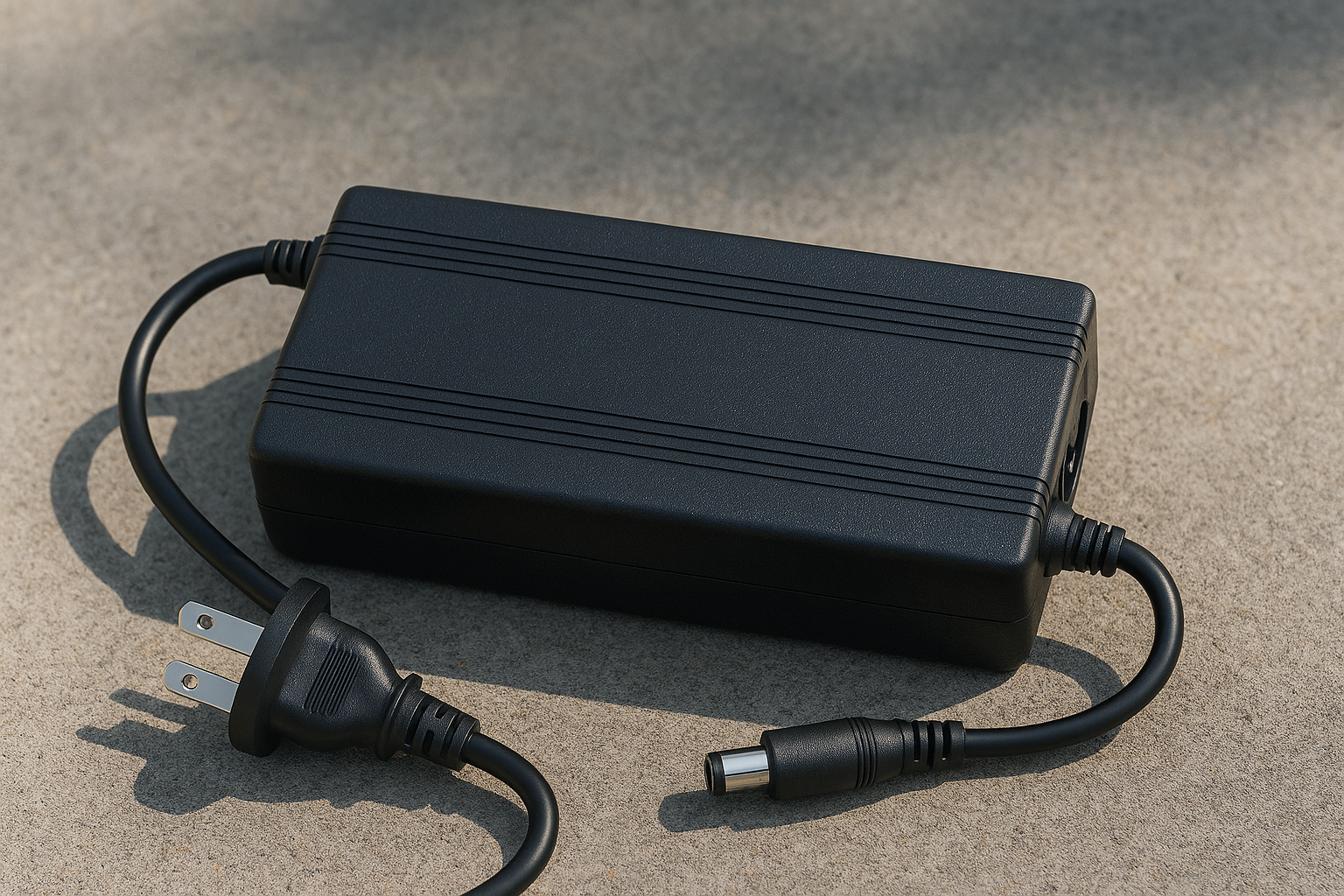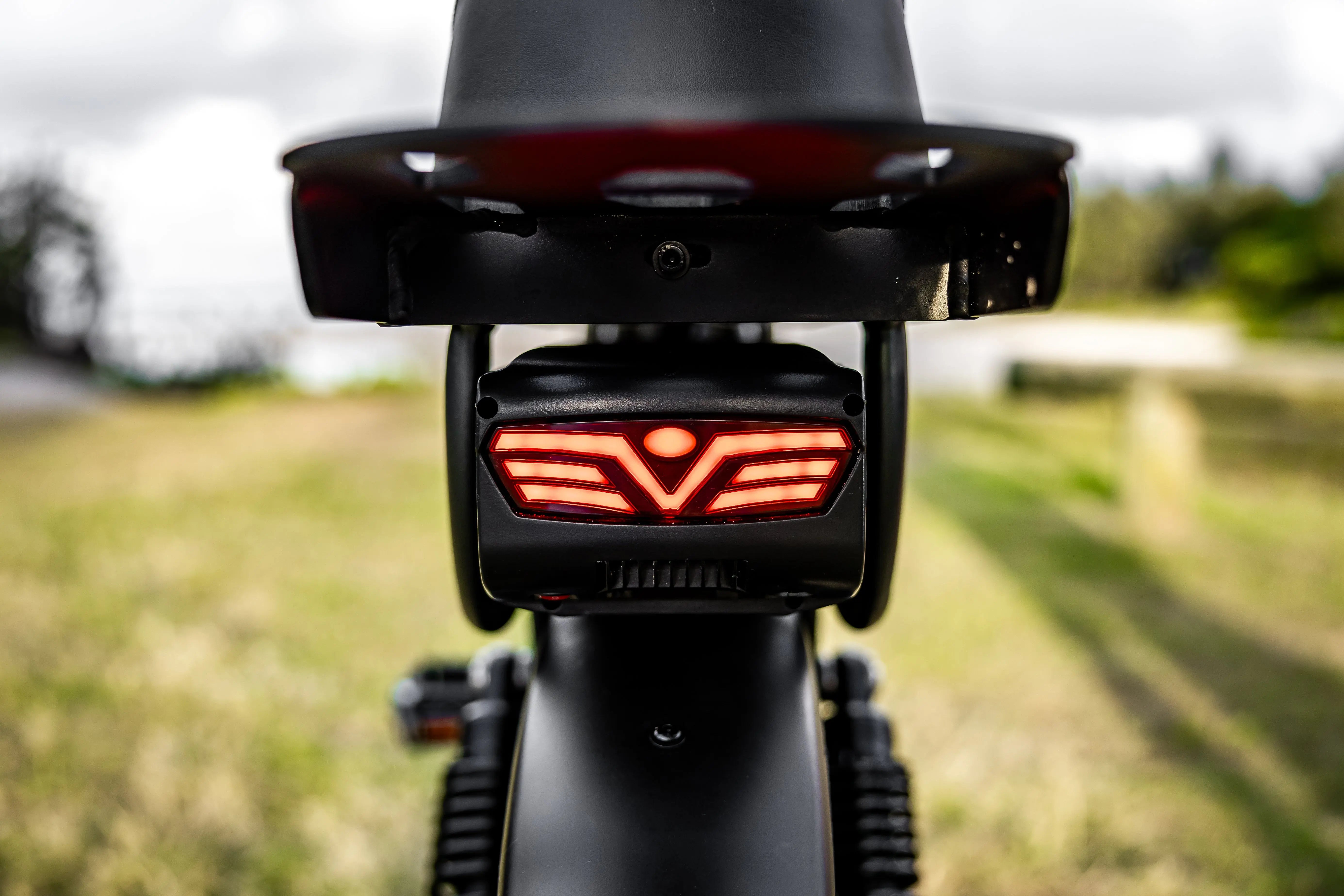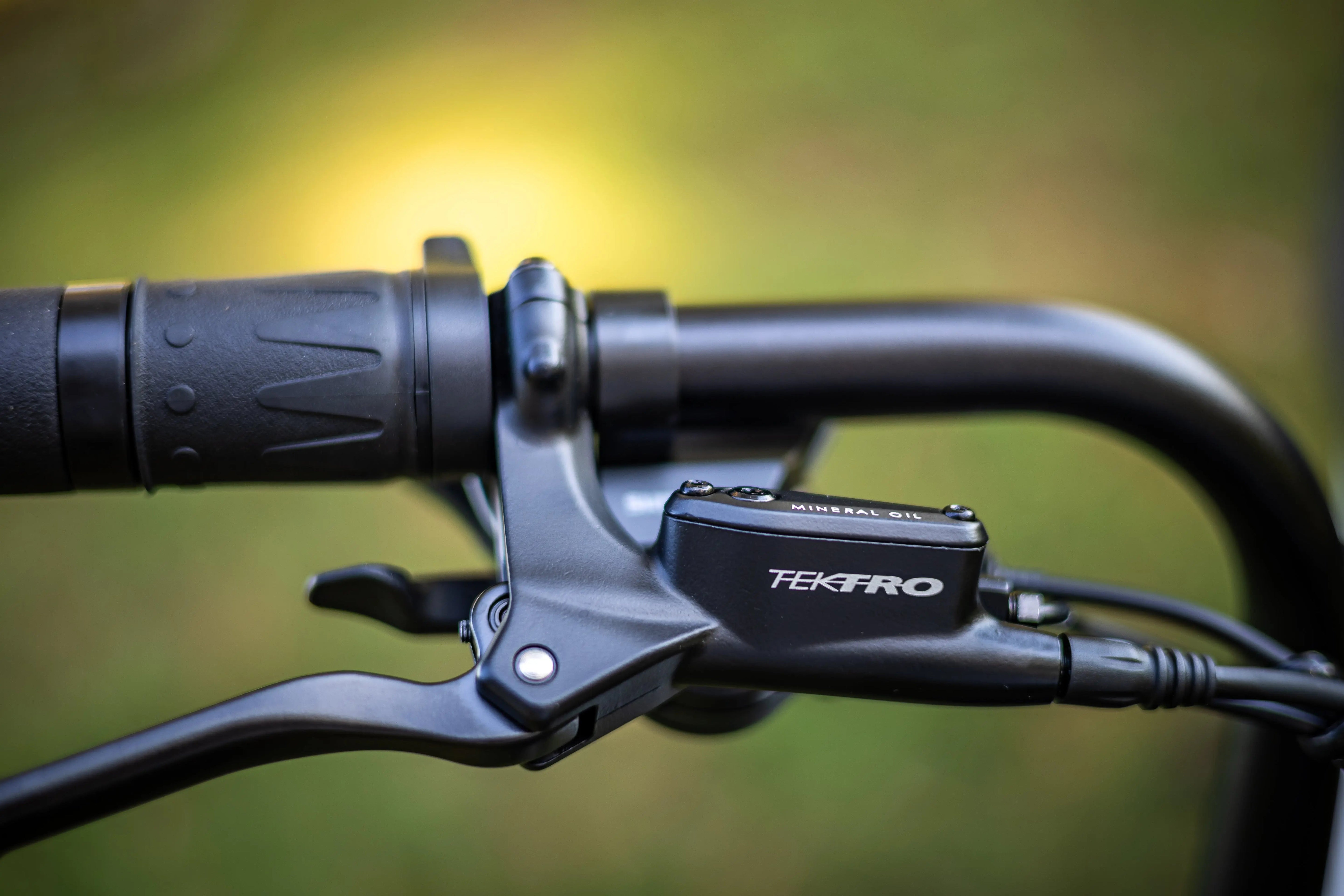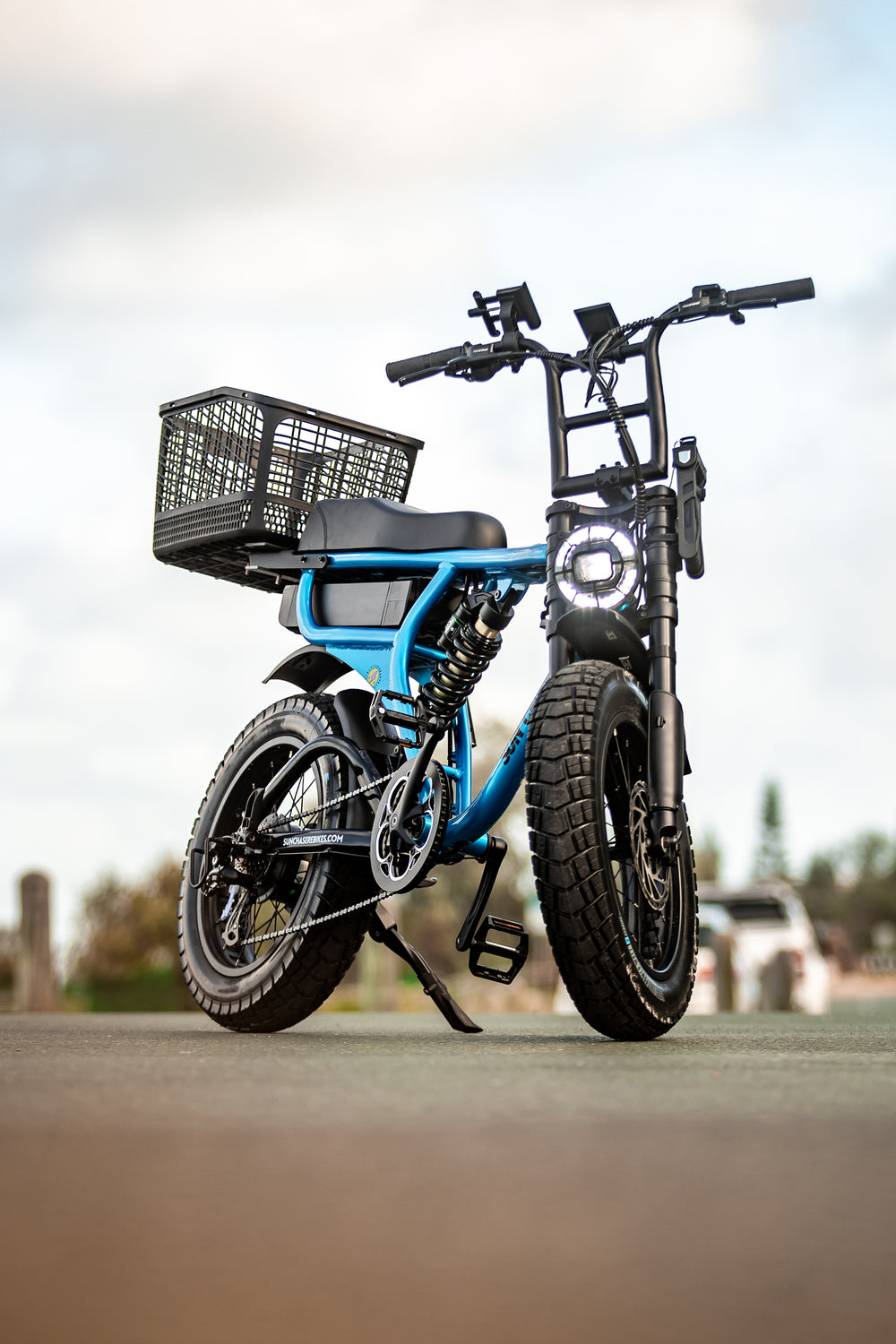REGULATION
General Regulations Across Australia:
General Regulation relevant to E-bikes:
- Power Output: E-bikes are generally allowed a maximum power output of 250 watts.
- Speed Limit: The electric assistance must cut off at 25 km/h.
- Pedal Assist: E-bikes must operate on a pedal-assist system, meaning the motor assists only when the rider is pedaling. The motor can operate without pedaling only up to speeds of 6 km/h.
State-by-State Regulations
Queensland (QLD)
- E-bikes can be ridden on all roads and paths unless specifically prohibited.
- No license, registration, or insurance is required for compliant e-bikes.
- Must follow general bicycle road rules (Queensland Government).
New South Wales (NSW)
- Two categories: pedal-assist (up to 200W) and power-assisted (up to 250W).
- No license required for e-bikes under 250W and 25 km/h.
- Helmets are mandatory for all riders.
- Specific age restrictions apply based on motor power (Transport NSW) (Gotscooters.au).
Victoria (VIC)
- Similar to NSW: pedal-assist (up to 200W) and power-assisted (up to 250W) e-bikes are allowed.
- No license or registration required for compliant e-bikes.
- Must adhere to standard bicycle road rules.
Western Australia (WA)
- E-bikes must not exceed 250W power output.
- Additional regulation: the width of the e-bike must not exceed 660mm.
- E-bikes exceeding 250W are only allowed on private property (Engwe AU) (Engwe AU).
South Australia (SA)
- Compliant e-bikes (up to 250W and 25 km/h) do not require a license or registration.
- Must follow standard bicycle road rules.
Tasmania (TAS)
- Two types of e-bikes are allowed: 200W power-assisted and 250W pedal-assist.
- Can be used on roads and paths except where specifically prohibited (Engwe AU).
Northern Territory (NT)
- E-bikes with up to 250W power output are legal.
- No specific age or license requirements, but general safety rules apply.
- Helmets are recommended but not mandatory.
Australian Capital Territory (ACT)
- E-bikes up to 250W and 25 km/h are legal.
- No license or registration required for compliant e-bikes.
Summary
In summary, while there are general national standards for e-bike power output and speed, each state has slight variations and additional rules. It’s important to check local regulations to ensure compliance.
For further details, you can refer to the specific guidelines provided by local transport authorities or comprehensive guides on platforms like Engwe AU and the Queensland Government’s transport site (EOzzie Electric Vehicles) (Engwe AU) (Queensland Government) (Transport NSW) (Engwe AU) (Gotscooters.au).




